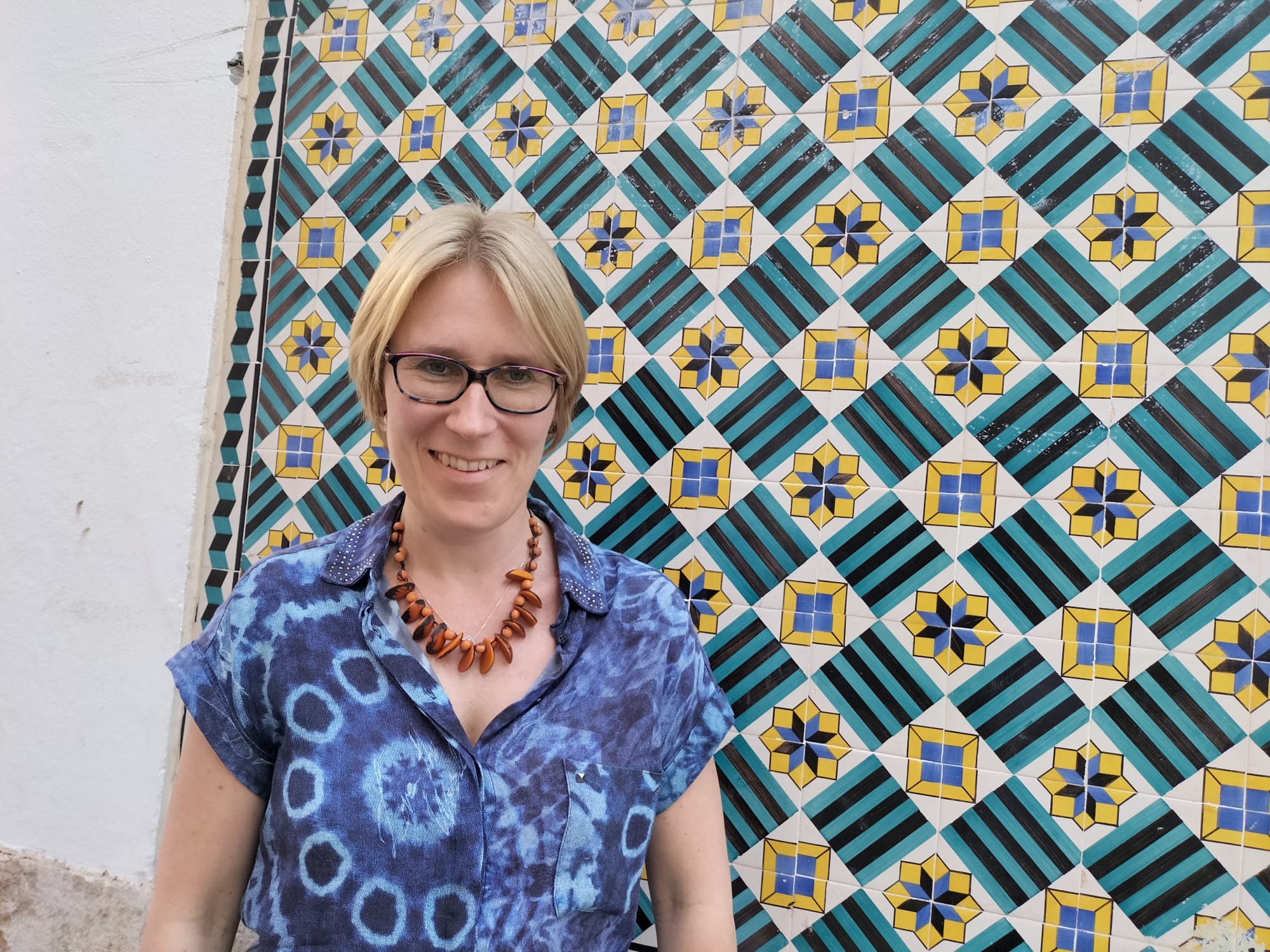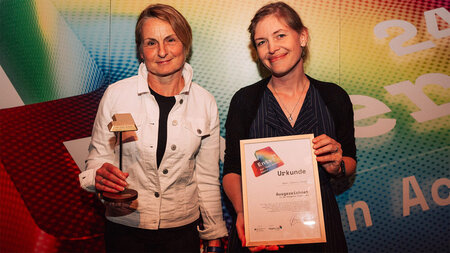Keynotes
The April 25 Revolution: from memory competition to mnemonic solidarity
Elsa Peralta (Centro de Estudos Comparatistas, Universidade de Lisboa)
In a book published in 2021, Jie-Hyun Lim and Eve Rosenhaft introduced the concept of "mnemonic solidarity" as a scholarly and political program for navigating the complexities of historical memory in a globalised world. Their central question is how it is possible to find a common ground for articulating past grievances in ways that are productive for the future. They argue that the thawing of Cold War ideologies facilitated cross-cultural dialogue on historical memory, intertwining the Holocaust, Stalinist terror, and colonial trauma into an interconnected global memory discourse. This convergence has empowered voices from both the global South and positions within the global North to participate in conversations on the intersectionality of the (post)colonial past and present. Yet, if the global memory formation has contributed to historically marginalised voices becoming increasingly heard on their own terms, it has also introduced heightened mnemonic competition, posing challenges to fostering meaningful dialogue and exchange between memory communities. Based on this analytical framework, this lecture aims to examine the memory of the Portuguese Revolution of April 25, 1974, and reflect on how it can be invigorated to move beyond performative nationalism towards a usable narrative of a shared past capable of generating positions of solidarity for the future in the fraught historical present in which we live.
Elsa Peralta, PhD in Anthropology (University of Lisbon, 2006), is a Senior Researcher (FCT-CEEC) at the Centre for Comparative Studies (CEComp), School of Arts & Humanities, University of Lisbon, and an Associate Researcher at the Institute of Social Sciences (ICS), also of the University of Lisbon, Portugal. Her work draws on crossed perspectives from anthropology, memory studies, cultural studies and postcolonial studies and focuses on postcolonial cultures, memories, and identities. At Cecomp, she coordinates the CITCOM Research Group: Citizenship, Culture and Memory and the Research line Legacies of Empire and Colonialism in Comparative Perspective. She is also the lead researcher on the FCT project Constellations of Memory: a multidirectional study of migration and postcolonial memory. Her most recent works include The Retornados from Portuguese Colonies in Africa: Narrative, Memory, and History (Routledge, 2022) and with Nuno Domingos, Legacies of the Portuguese Colonial Empire: Nationalism, Popular Culture and Citizenship (Bloomsbury, 2023). Aside from authored and edited books and several academic papers and chapters, she was also the curator of the exhibitionReturn – Traces of Memory, produced by the City Council of Lisbon.

Elsa Peralta, Fotografia de Miguel Cardina
Illusion statt Revolution. Schattenseiten der Nelkenrevolution aus afrikanischer Sicht
Doris Wieser (Universidade de Coimbra, Centro de Literatura Portuguesa)
Nelken für alle? Nein, leider nicht. Zu dieser Schlussfolgerung gelangt man bei bestimmten afrikanischen Texten und Filmen, die sich mit der Phase der Unabhängigkeitskriege gegen Portugal, deren Ende und Folgen auseinandersetzten. Um aufzuzeigen, wen die Nelken nicht erreichten, werde ich in diesem Vortrag zunächst auf den Erzählband Quando os cravos vermelhos cruzaram o Geba [Als die roten Nelken den Geba überquerten] etwas ausführlicher eingehen, um anschließend weitere literarische und filmische Beispiele anzusprechen, in denen Afrikaner:innen auf unterschiedliche Weise als Verlierer:innen der Nelkenrevolution auftreten. Es handelt sich um Texte, die eine unerwartete Sicht auf die historischen Ereignisse werfen, da sie aufzeigen, wie die Nelkenrevolution und die Unabhängigkeitserklärungen in bestimmten gesellschaftlichen Gruppen der afrikanischen Bevölkerung mehr Angst als Freude verbreiteten und Illusionen zerstörten. Bestimmte Menschen erlangten keine Freiheit, sondern kamen unter die Räder der Revolution, wie afrikanische Veteranen des portugiesischen Heers oder afrikanische Gastarbeiter in Portugal (bei Tony Tcheka und Pedro Costa). In anderen Texten schleicht sich ein Gefühl der zu schnellen und verantwortungslosen Dekolonisierung ein (etwa bei João Paulo Borges Coelho und Olinda Beja). Übergeordnetes Ziel des Vortrags ist es, aufzuzeigen wie diese Werke die homogenisierenden Siegesnarrative der Nationen hinterfragen, indem sie ihre Bruchstellen und Schattenseiten aufzeigen und das Verdrängte aus dem Archiv des Vergessens holen.
Doris Wieser Doris Wieser ist Professorin an der Universität Coimbra, hauptverantwortlich in Forschung und Lehre für den Bereich der afrikanischen Literaturen portugiesischer Sprache. Sie war Forschungsstipendiatin der Alexander von Humboldt-Stiftung und anschließend Inhaberin einer Drittmittelstelle der FCT (Fundação para a Ciência e a Tecnologia) an der Universität Lissabon. Ihre Promotion hat sie 2011 an der Universität Göttingen, wo sie als wissenschaftliche Mitarbeiterin arbeitete, im Bereich der Iberoromanischen Literaturwissenschaft abgeschlossen. Ihre Forschungsschwerpunkte liegen in den afrikanischen Literaturen portugiesischer Sprache, unter besonderer Berücksichtigung von Fragestellungen zu nationalen Identitäten, Geschlechterstudien und zum kulturellen Gedächtnis, sowie in den lateinamerikanischen Literaturen des 20. und 21. Jahrhunderts, besonders im Bereich des Kriminalromans.

Doris Wieser





